Before we begin with how project management is effective with B2B marketing campaigns, let us take a look at some of the basics.
B2B Fundamentals
“B2B” stands for “Business to Business”.
To understand what B2B is, we could do a comparative analysis. B2B can be differentiated from B2C (Business to Consumer) and C2B (Consumer to Business) types of companies. B2C companies are organizations that cater to the needs of an individual customer and C2B are enterprises that are those where a user offers products/services to a company. In contrast to these two, a B2B company offers goods, services, and consultation which help another company grow, develop and become successful. For a B2B company, the client is never an individual but another company or organization.
B2B is inclusive of all those businesses and companies that offer products and services which can be utilized by other businesses. B2B marketing poses its own set of unique challenges and demands. It is a task that needs a lot of preparedness and skills to be successful.
If the client is a software company, the requirements would not include physical goods but only tools and services. That said, the rules of B2B marketing apply just as well even when the clients are software companies.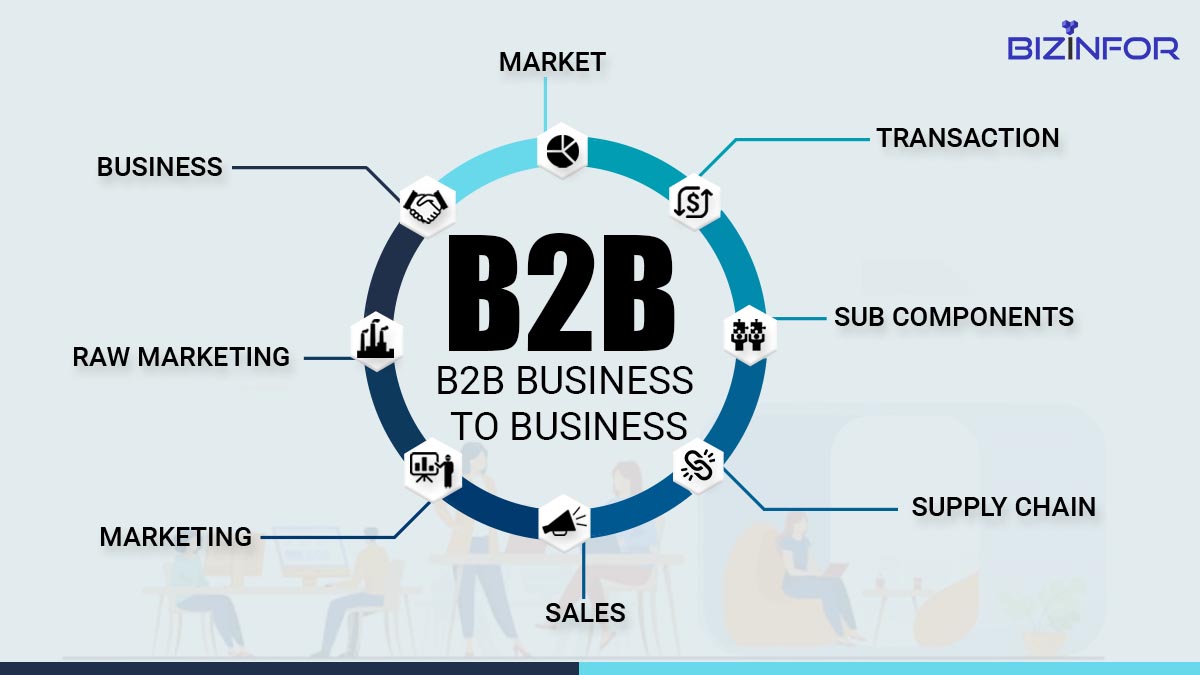
The standout trait of B2B activities is that the target audience of a B2B company is usually a conglomerate, i.e., a group who are decision-makers and influencers and who have a say in the prospects of a business deal. This includes a lot of C-level executives. This being the case, B2B marketing campaigns are a matter of extensive planning and research. In a B2C business deal, a consumer’s buying transaction lasts only a few minutes. And in complete contrast to it, a B2B business deal happens over an extended duration and after substantial deliberation. Thus, it is imperative that a B2B company spends enough time and effort in studying the clients’ preferences and requirements to establish a rapport and relationship with the client before progressing to the sales part of the deal. For a B2B marketing team, the biggest challenge they face is convincing the client that their products and services will yield a profitable ROI (Return On Investment).
What is Project Management?
According to the Project Management Institute, project management is “the application of knowledge, skills, tools, and techniques to meet the project requirements.”
For anyone who runs a B2B company, it is not enough if you have the necessary monetary strengths or enthusiasm to do well in the business. The whole gamut of B2B marketing involves a lot of complex and complicated activities. It calls for large-scale preparation, planning, and execution. It is here that project management plays a pivotal role.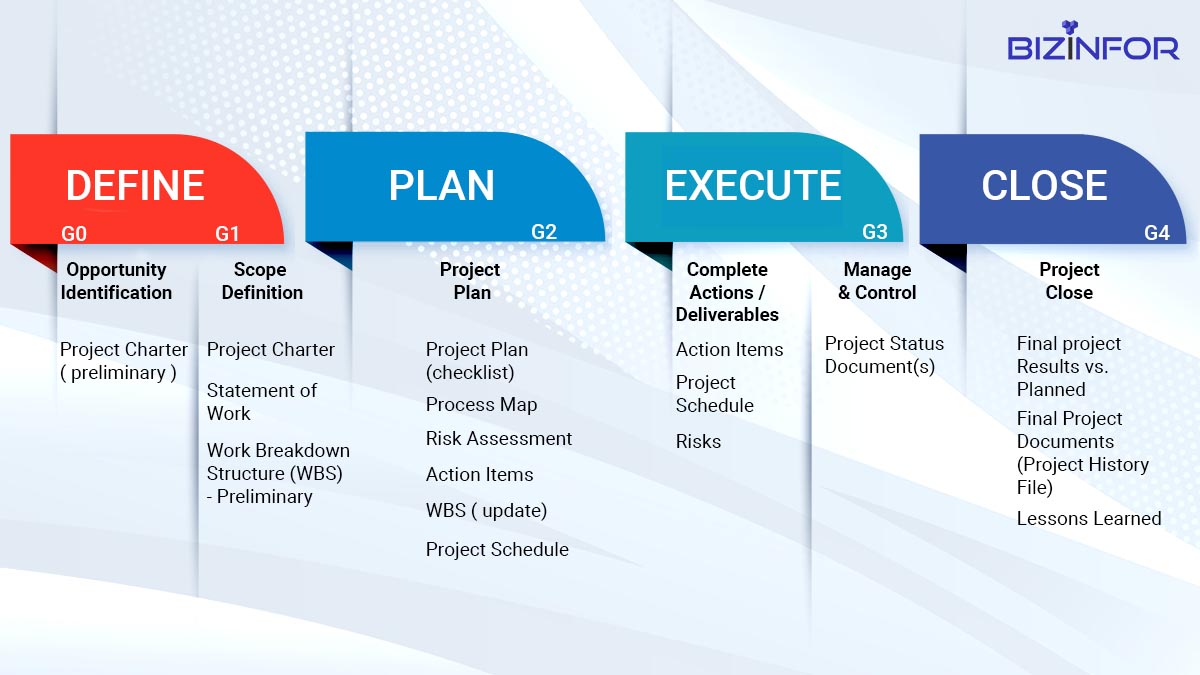
Features of project management are:
Increase in Efficiency:
With project management, you can get a bigger picture of the needs and requirements of your marketing campaigns. With better foresight and planning, you can save time, money, and resources. In any business, a procedure that is time savvy and cost-effective is an invaluable asset.
Encourages Collaboration:
With project management, the whole work ethic gets streamlined and each member of the team is always aware of what his roles and responsibilities are. Project management, managing teams, and getting employees to work with one another, become simpler and convenient.
Improves Performance:
With project management in place, the employees are naturally motivated by the targets each one has to reach or achieve. This makes it easier to quantify and measure the performances of the workforce.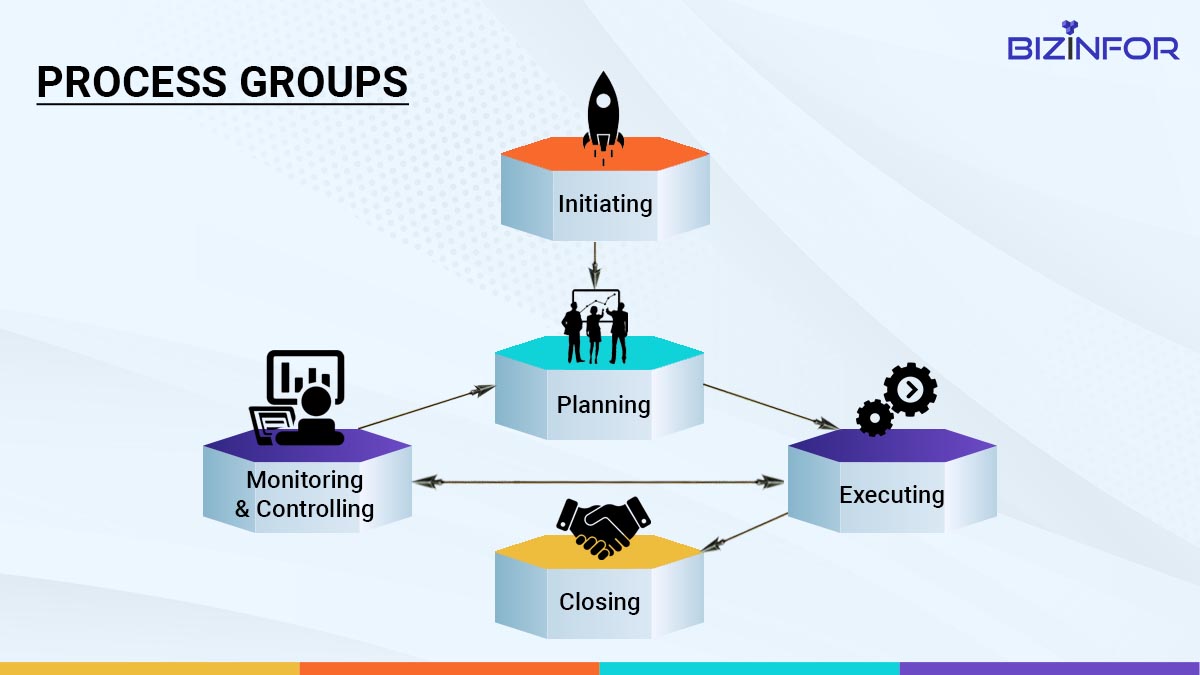
Customer Satisfaction:
The primary goal of any business is to make the customer happy. The steps involved in project management bring about a sea change in the work culture of a company. As it improves the performance and efficiency of the teams at work, it leads to better products and services for the clients. The end result is enhanced customer satisfaction.
Resolves Issues:
No business can run without some or the other issue cropping up on a regular basis. It is a part-and-parcel of the work scenario. With project management, you have a better understanding of such problems and it enables you to anticipate and be prepared to solve any problem which may arise.
Implementing Project Management for a B2B Enterprise
The steps below delineate the various stages of project management when applied to a B2B company.
Build Your Team
The first step in project management is all about interacting and coordinating with your employees and finding out about their skills, strengths, and shortcomings. Before you meet people with the aim of building your team, you need to have a clear picture in your mind about the structure and make-up of your team. Once you have that sorted out, it is all about your interpersonal interaction and how good a judge you are of people.
Your team may need to have various strata depending on the demands of the project. You need to be mindful that you have to pick individuals who – along with their professional skills – are also good team players.
Define Your Goals
The goals you define before you initiate a project serve as the beacon right through the duration of the project. You need to be careful not to be setting abstract or vague targets during your endeavor of setting goals. Your goals need to be concrete and clear. It is advisable to opt for SMART goals i.e., goals that are Specific, Measurable, Accurate, Realistic, and Time-sensitive. All your team members must be kept informed of the goals for the project.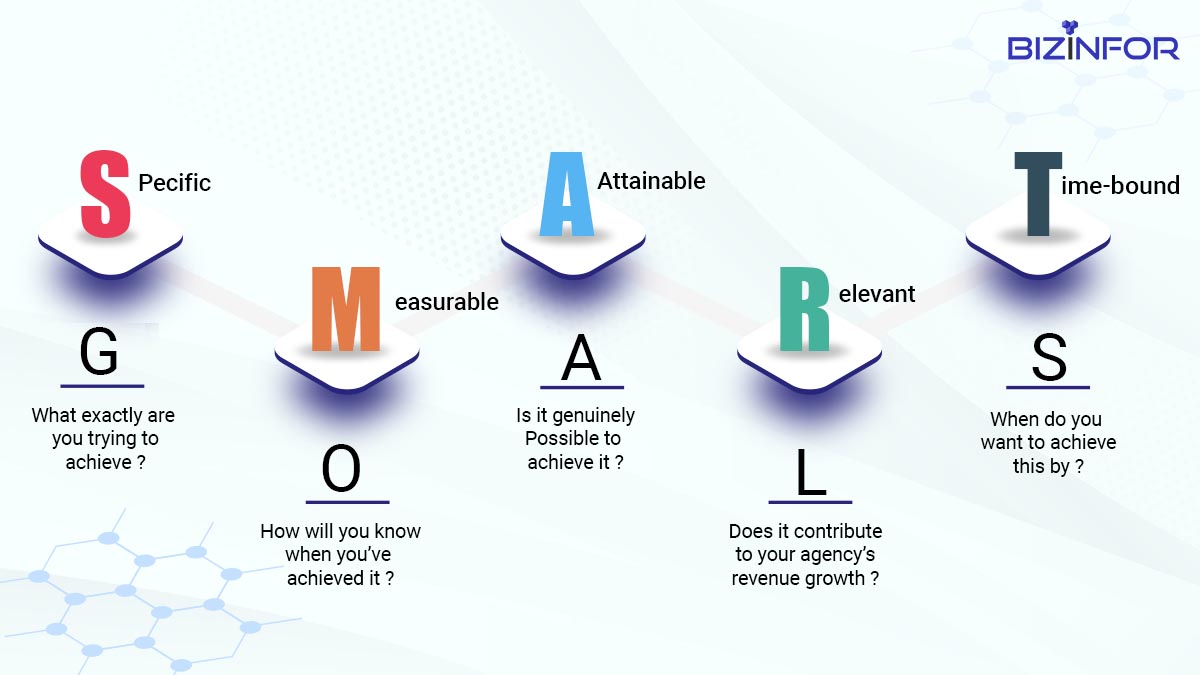
Plan Your Project
Once you have your team and the goals for the project ready, you need to go into getting the blueprint for the project ready. You can do this in conjunction with, if not all, at least some of your team members. For e.g., for a B2B company, getting access to a list of fortune 500 companies mailing addresses, software industries’ email lists and business marketing lists, and other vital mailing lists are of extreme significance. Such measures need to be included in the project plan.
Prioritize the Processes
Once the plan is ready, you can take up the execution in the right earnest. After the project has begun, you need to be mindful to be constantly flexible in your approach. Your project plans need not be lines carved on stone. So, you need to be ready to modify and realign your project objectives in keeping with the progress shown by your project. For e.g., lead generation tactics may have been neglected during the planning stage of the project. If it shows up as a principal necessity during the project, it needs to be accorded a higher priority over other processes and dealt with at the earliest.
Implement The Right Tools
Project management and software are inextricably linked. There are a number of software that have aided project management and helped them immensely. Two such tools are Google Drive and Dropbox which enable documents and resources to be shared among all the team members and also enable updates and changes to be done by any of the team members. Like Google Drive and Dropbox, there are several other tools that facilitate better working and coordination among the members of a team and thus raise the efficiency at the workplace.
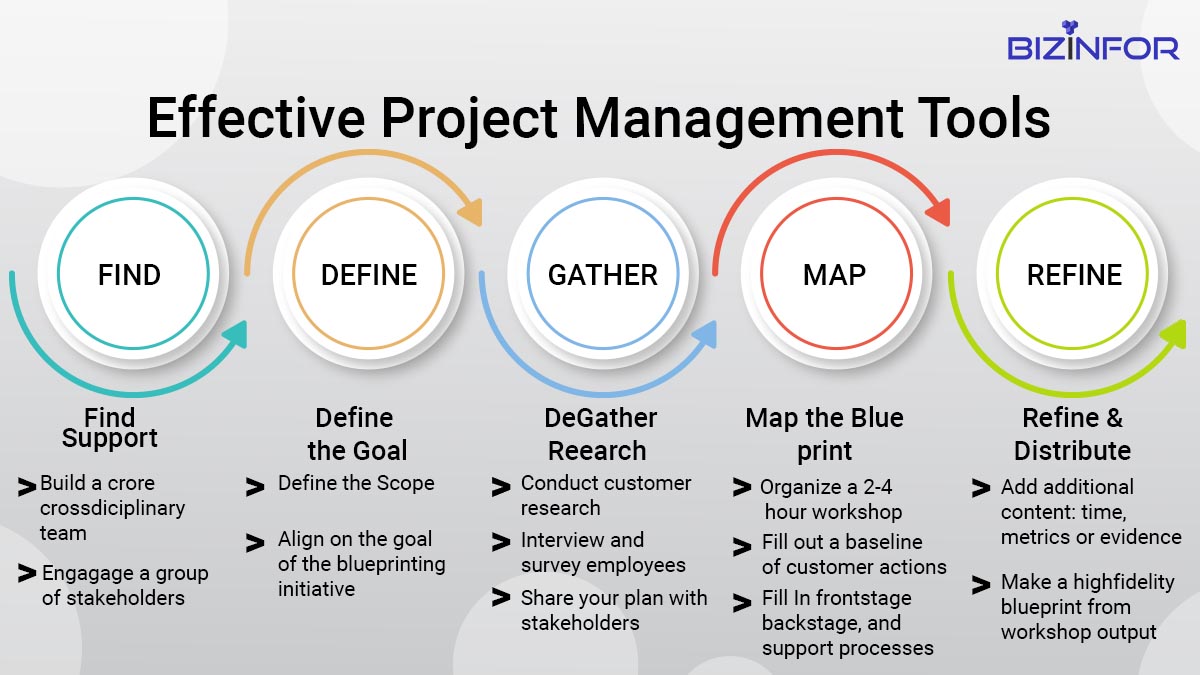
Automate When Possible
When you automate tasks, it saves you and your team, time and effort. It frees up employees from a repetitious job and allows you to assign those employees more challenging tasks.
Let us consider one case of automation;
When you make use of a list of fortune 500 companies mailing addresses, software industries’ email lists, and business marketing lists to communicate with your clients, it is better to opt for automation as much as you can. That is while keeping the communication with clients personal and one-to-one, you can go for automating the step where there is the involvement of databases. It is called email automation. Email automation is a great way of reaching out to your prospects and clients. Email automation is the strategy where you send a message to your entire mailing list of subscribers at once. With email automation, you can communicate with the entire group of subscribers (existing and prospective clients) in one shot.
Revise And Repeat
The importance of your being flexible during the operation of the project can’t be overstated. You need to remember, no marketing strategy is perfect. You must forever be ready to take a step back and view the progress of your project with an objective viewpoint. It gives you a better perspective to decide what’s not working and then undertake appropriate corrective measures. Then, you may repeat your procedures along with the corrections and check how it goes. In any project, correcting and repeating your steps is of enormous significance.
Coda
B2B marketing is a field of constant challenges. It demands plenty of preparation from you. As a marketer, you need to find innovative ways to deal with the needs and requirements that have to be met. Project management is a strategy that is of huge assistance to B2B marketers. It gives a shape and form to your marketing campaigns and makes them more result-oriented. Project management also saves time, money, and resources and helps you increase your sales and revenue.




